For all those who think that the current national debate on immigration reform is a question of the restrictive right vs. the accommodating left, we offer the latest series of posts by Alex Nowrasteh of the Cato Institute, considered by many to be one of the most influential “think tanks” in the world. Cato bills itself as an organization “dedicated to the principles of individual liberty, limited government, free markets and peace.” It has had a long history of conservative and libertarian leanings, but when it comes to immigration reform, Cato is all for it.
Nowrasteh has recently published several immigration pieces that should be read by all who are interested in the reform debate and want to be informed of different points of view and perspectives.
“How to Make Guest Worker Visas Work”
“Tiered Guest Workers – Preliminary Details & Observations”
“Heritage Immigration Study Fatally Flawed”
In addition, a more detailed publication from Leighton Ku and Brian Bruen pretty much counters every claim and fear that undocumented individuals are draining U.S. taxpayers. Can the title of the piece, “Poor Immigrants Use Public Benefits at a Lower Rate than Poor Native-Born Citizens,” be any more clearer? The publication also states that “undocumented immigrants are generally ineligible for the public assistance programs mentioned…” with the following exception: “In Medicaid, payments to health care providers for emergency services are rendered to undocumented immigrants who otherwise meet Medicaid eligibility criteria (e.g., income, category, age). Emergency rooms, because of the Emergency Medical Treatment and Active Labor Act, are required to treat undocumented immigrants like other patients regardless of insurance status. The Medicaid provision helps ensure that reimbursement is available to the emergency care providers.”
Ku and Bruen also offer this conclusion, which takes into account all immigrant groups:
Low-income non-citizen adults and children generally have lower rates of public benefit use than native-born adults or citizen children whose parents are also citizens. Moreover, when low-income non-citizens receive public benefits, the average value of benefits per recipient is almost always lower than for the native-born. For Medicaid, if there are 100 native-born adults, the annual cost of benefits would be about $98,400, while for the same number of non-citizen adults the annual cost would be approximately $57,200. The benefits cost of non-citizens is 42 percent below the cost of the native-born adults. For children, a comparable calculation for 100 non-citizens yields $22,700 in costs, while 100 citizen children of citizen parents cost $67,000 in benefits. The benefits cost of non-citizen children is 66 percent below the cost of benefits for citizen children of citizen parents. The combined effect of lower utilization rates and lower average benefits means that the overall financial cost of providing public benefits to non-citizen immigrants and most naturalized immigrants is lower than for native-born people. Non-citizen immigrants receive fewer government benefits than similarly poor natives.
No matter your position on guest workers and other issues that are still being discussed in Congress, reading pieces from Nowrasteh and his colleagues is a much more rational move than the normal posts one reads from the extreme. Case in point: ALIPAC’s latest “insight.” In addition, Cato’s findings and reports directly contradict the views of the restrictive immigration groups like the Center for Immigration Studies. And quite frankly, that is not a bad thing.
Yesterday, CIS Executive Director Mark Krikorian engaged Nowrasteh in a lengthy Twitter discussion about a link (with image) from the American Action Forum that Nowrasteh posted:
Here is the Twitter conversation that ensued.
Granted, Krikorian seems to be leading a double life on Twitter, pretending to be a policy expert when engaging the Cato Institute, but when it comes to representing his true feelings, one only needs to check on what other things Krikorian likes to tweet. This is what he tweeted the day before his intellectual debate with Nowrasteh:
Here’s hoping more people read what Nowrasteh has to say so that they get a full picture of the entire debate, and just ignore Krikorian. The adults have shown up to the discussion.



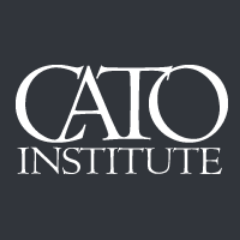
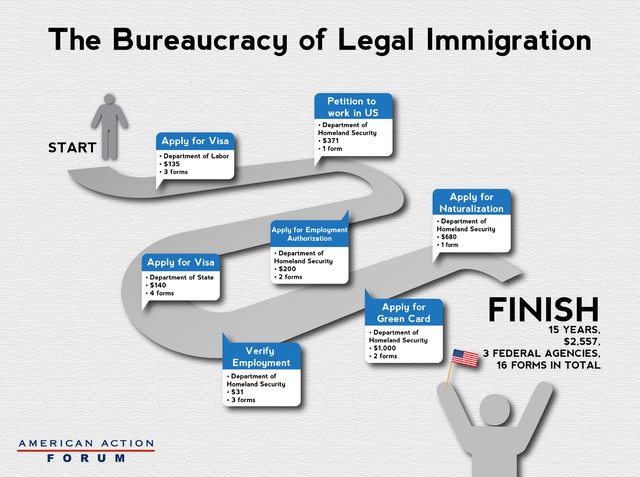
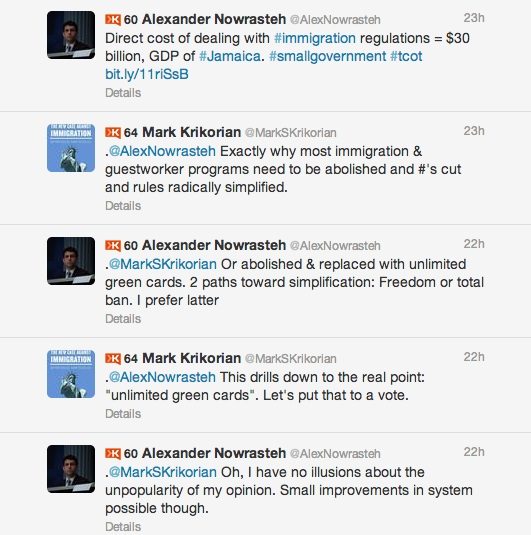
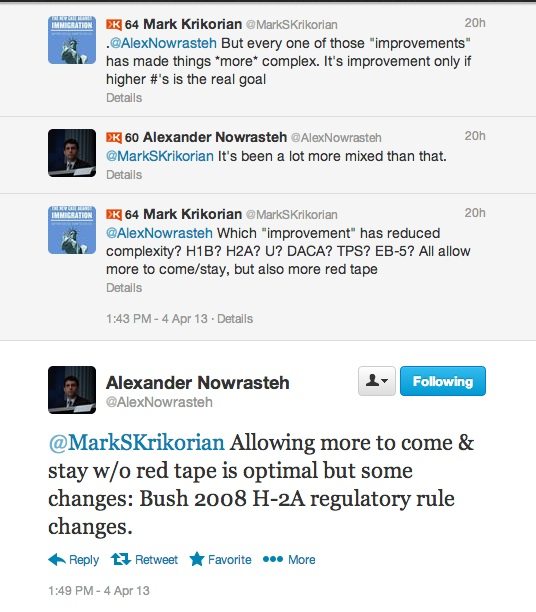
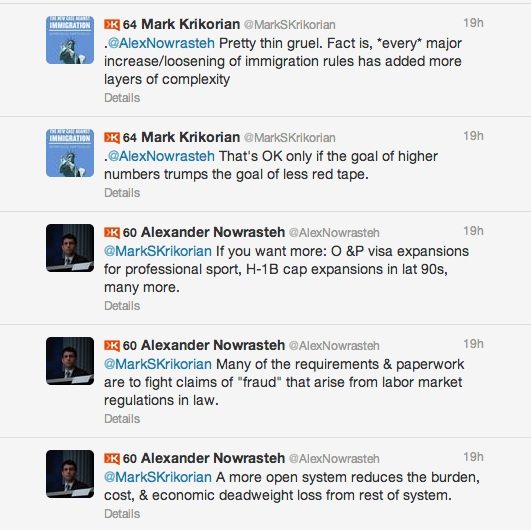
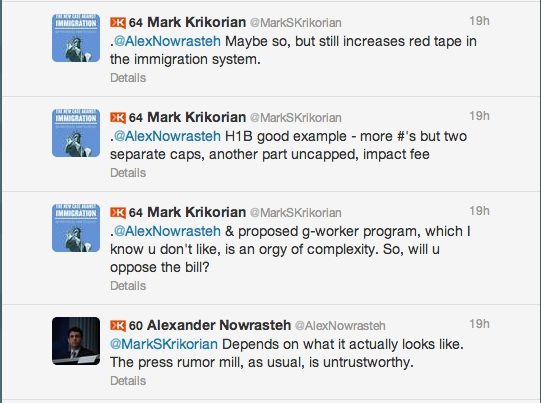
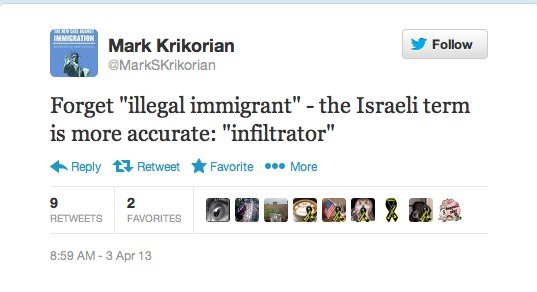
After read a couple of the articles on your website these few days, and I truly like your style of blogging. I tag it to my favorites internet site list and will be checking back soon. Please check out my web site also and let me know what you think.
http://trio4d.com/
http://trio4d.com/promo-bagi-player-trio4d.html
http://trio4d.com/daftar-member.html
http://trio4d.com/cara-bermain-togel.html
http://trio4d.com/informasi-pasaran.html
http://trio4d.com/buku-mimpi.html